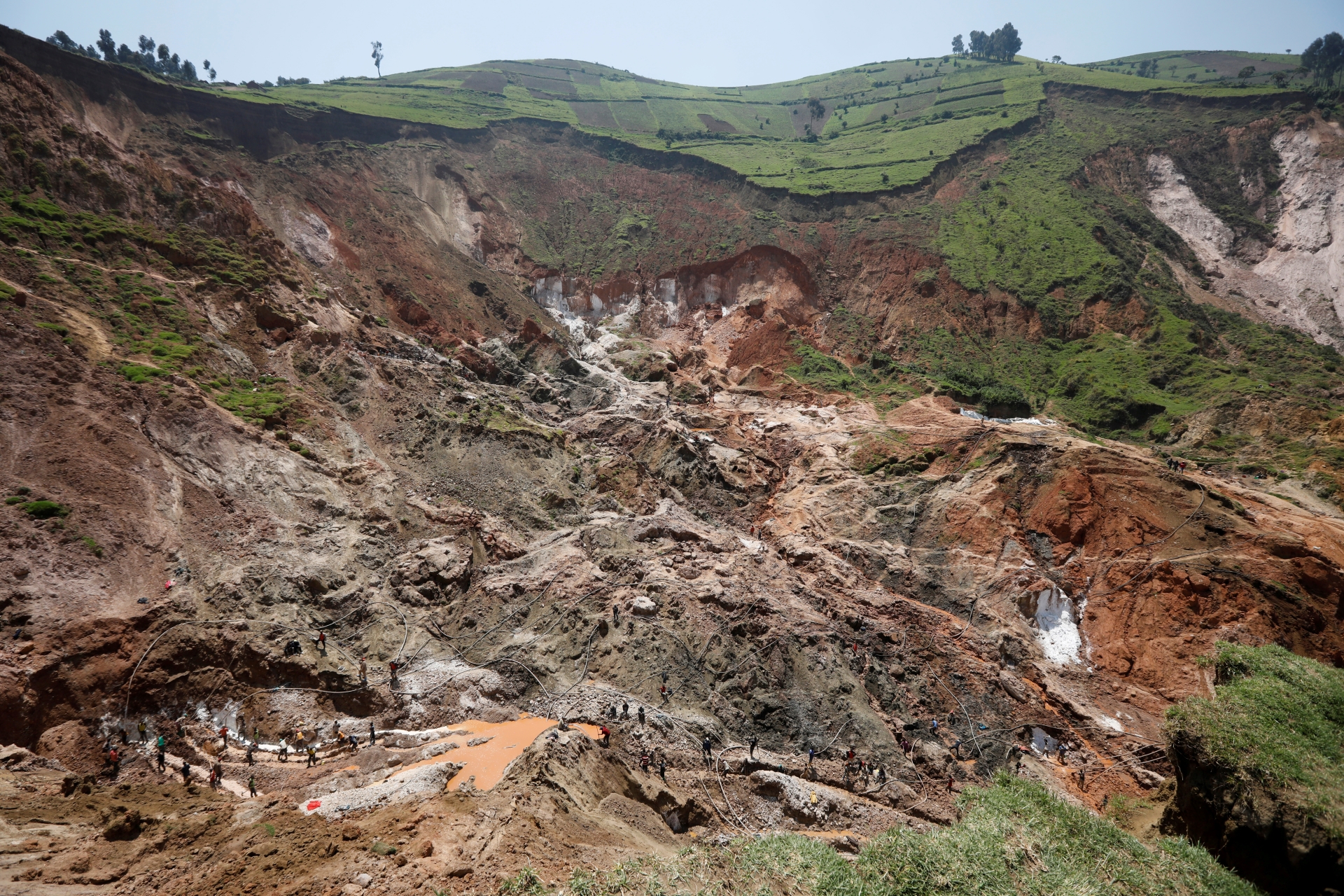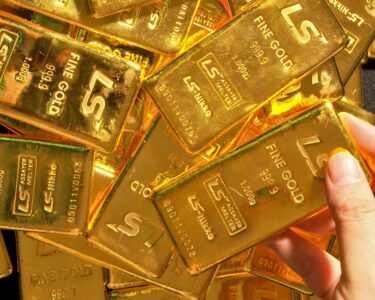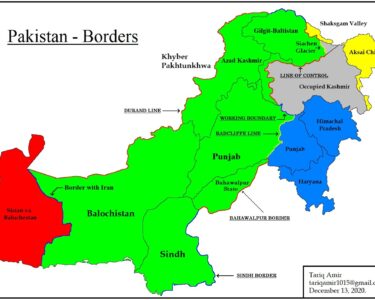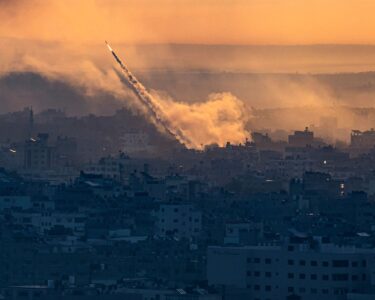Rebels in eastern Democratic Republic of Congo have strengthened their control over the coltan-rich Rubaya mining region, imposing a production tax that generates an estimated $300,000 in monthly revenue, the United Nations Security Council heard on Monday.
The M23 movement, a Tutsi-led group allegedly backed by Rwanda, captured the area—known for producing minerals used in smartphones and computers—after heavy fighting in April. Bintou Keita, head of the U.N. mission in Congo, told the Security Council that trade from minerals in the Rubaya area accounts for over 15% of the global supply of tantalum.
Congo is the world’s top producer of tantalum which is considered a critical mineral by the United States and the European Union.
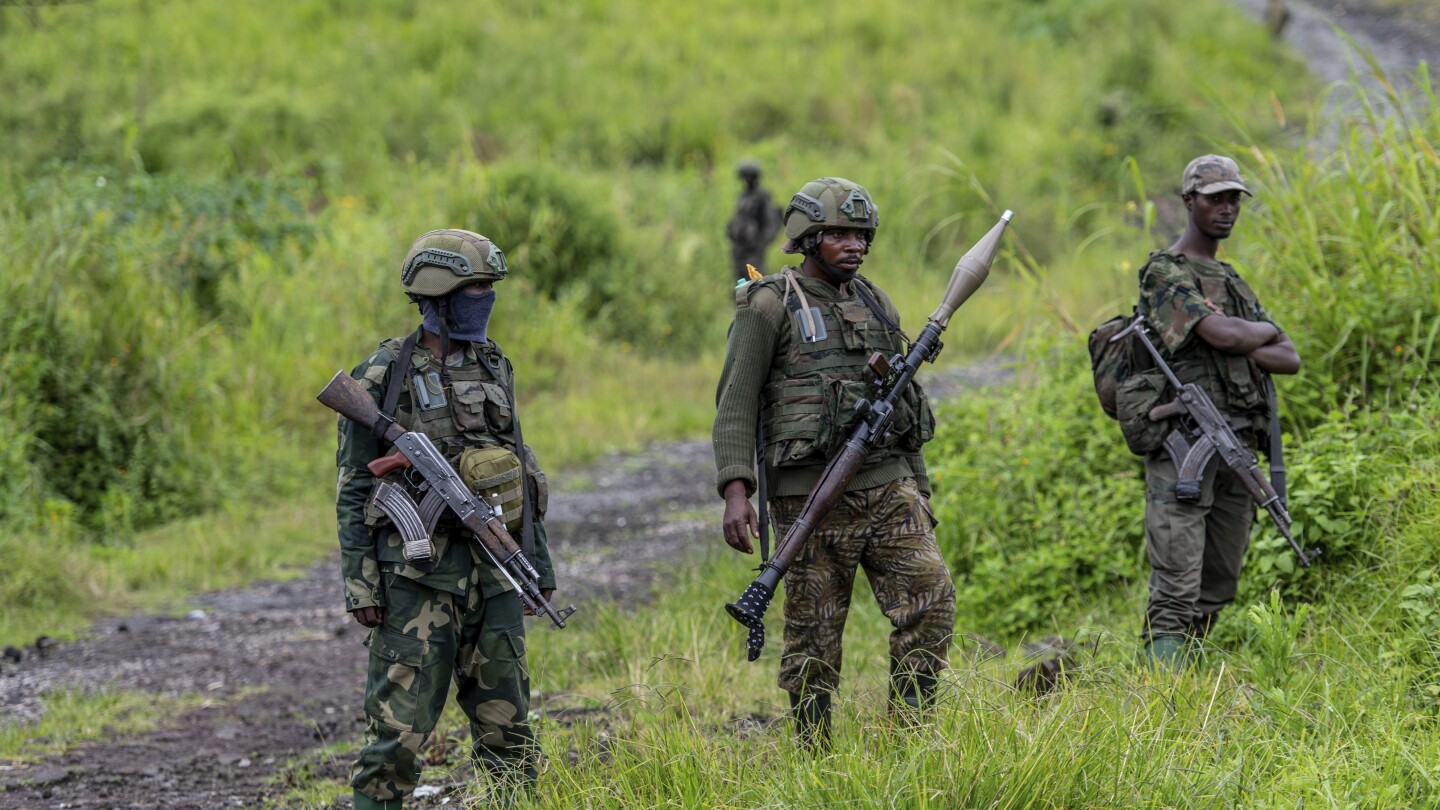 M23 rebels stand with their weapons in Kibumba, in the eastern of Democratic Republic of Congo, Dec. 23, 2022. M23, a rebel group with alleged links to Rwanda, has seized Rubaya, a mining town in eastern Congo known for producing a key mineral used in smartphones, the group said Thursday, May 2, 2024, in a statement. (AP Photo/Moses Sawasawa, File)
M23 rebels stand with their weapons in Kibumba, in the eastern of Democratic Republic of Congo, Dec. 23, 2022. M23, a rebel group with alleged links to Rwanda, has seized Rubaya, a mining town in eastern Congo known for producing a key mineral used in smartphones, the group said Thursday, May 2, 2024, in a statement. (AP Photo/Moses Sawasawa, File)
“The criminal laundering of the DRC’s natural resources, smuggled out of the country, is strengthening armed groups, sustaining the exploitation of civilian populations—some of them reduced to de facto slavery—and undermining peace-making efforts,” Keita added.
The majority of Congo’s mineral resources are situated in the east, a region plagued by conflict over land and resources between several armed factions. The situation has deteriorated since the resurgence of the M23 rebellion in March 2022. Thousands have been killed and over one million displaced since the resurgence in fighting.
Manufacturers face increasing pressure to ensure that the metals used in products such as laptops and electric vehicle batteries are not sourced from conflict zones like eastern Congo.
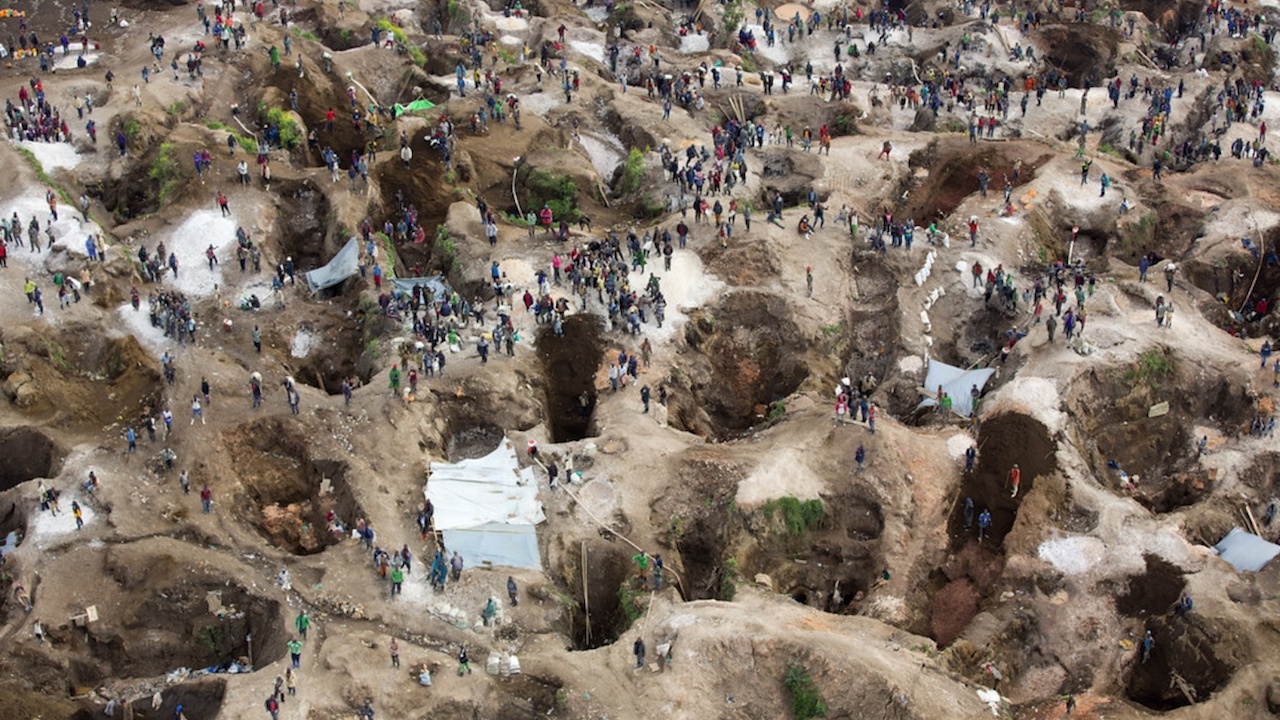 A coltan mine near Rubaya in the Democratic Republic of the Congo. (Image by: MONUSCO | Sylvain Liechti, via Flickr Commons)
A coltan mine near Rubaya in the Democratic Republic of the Congo. (Image by: MONUSCO | Sylvain Liechti, via Flickr Commons)


